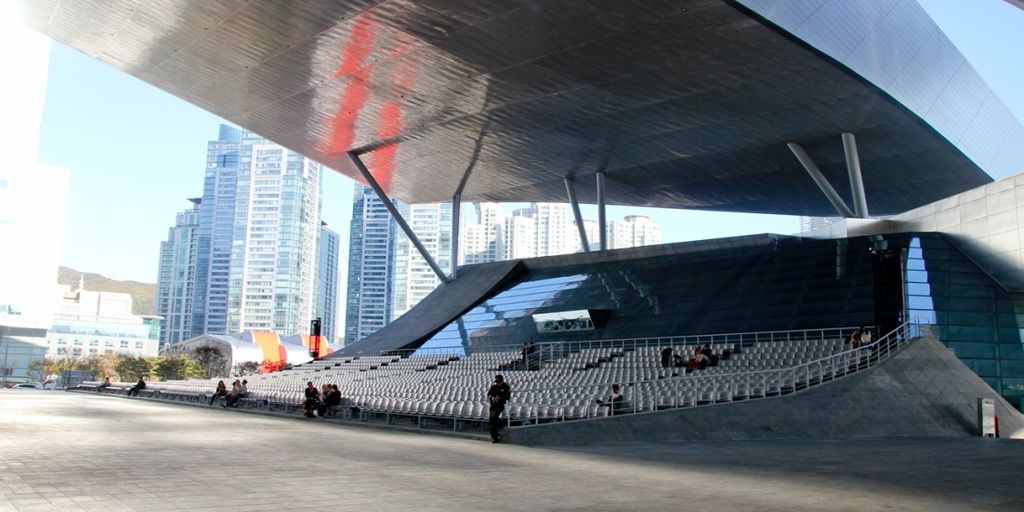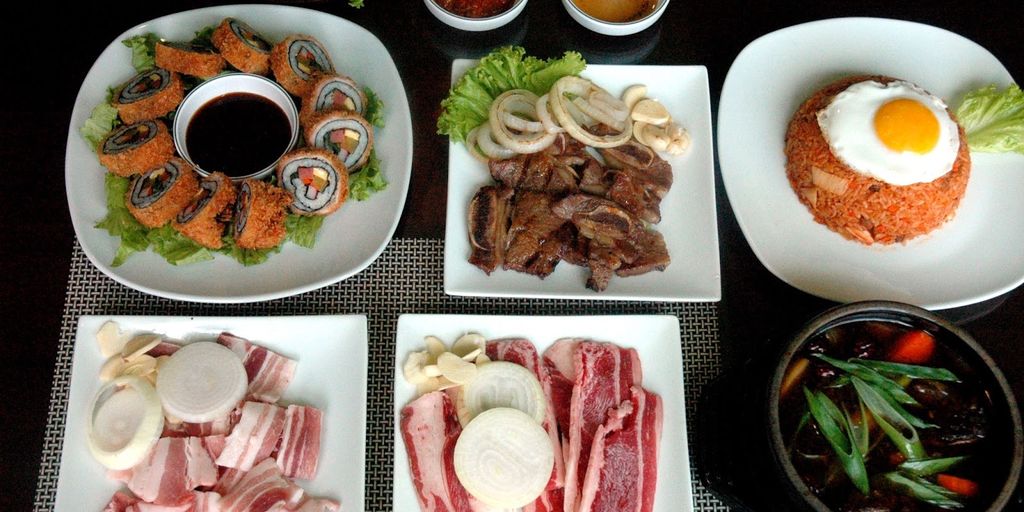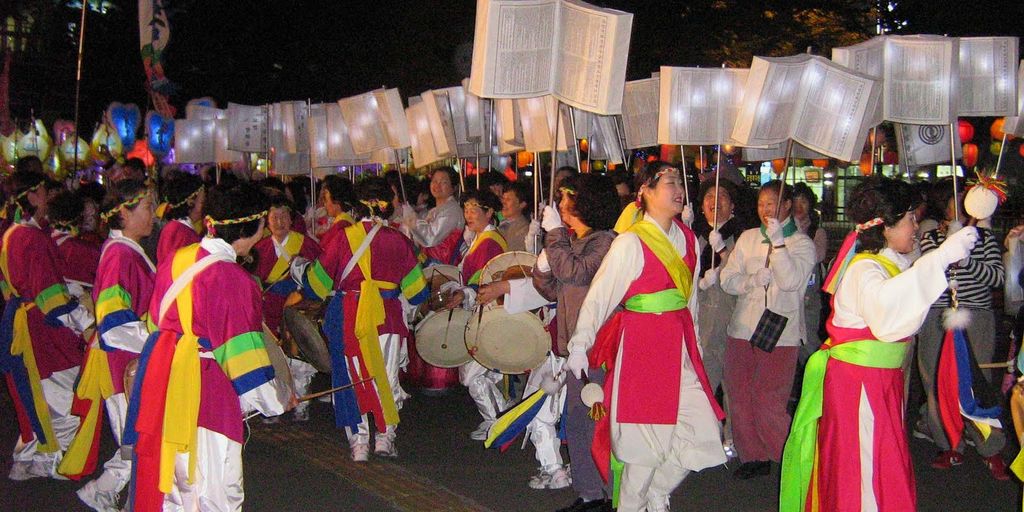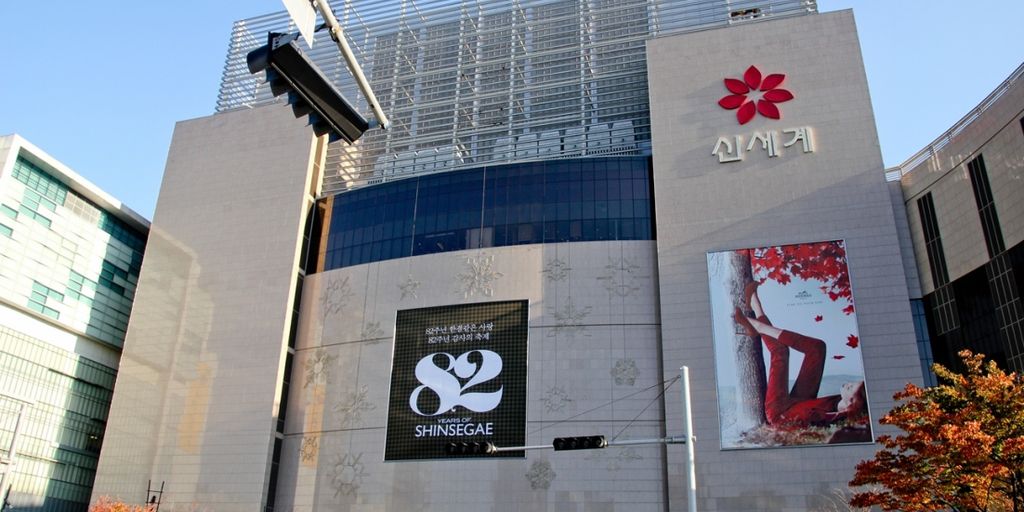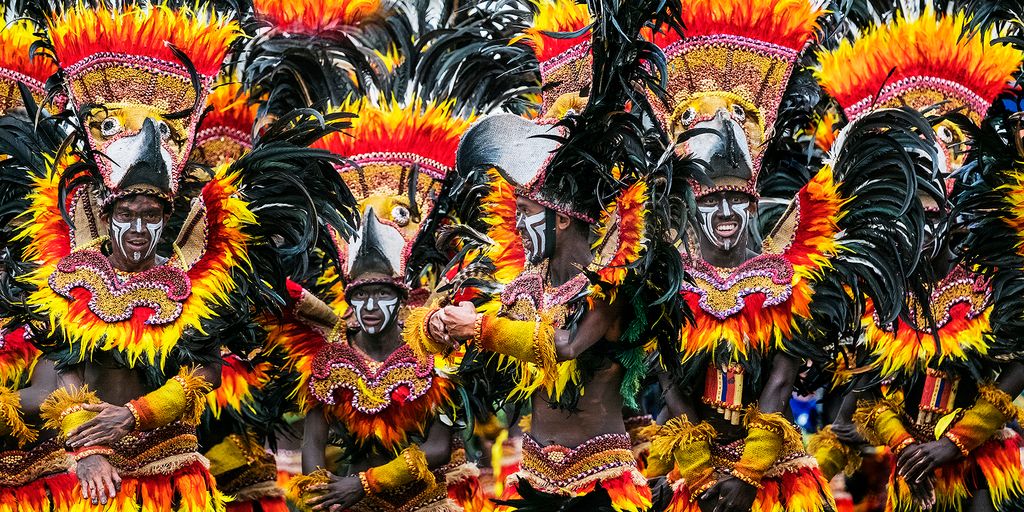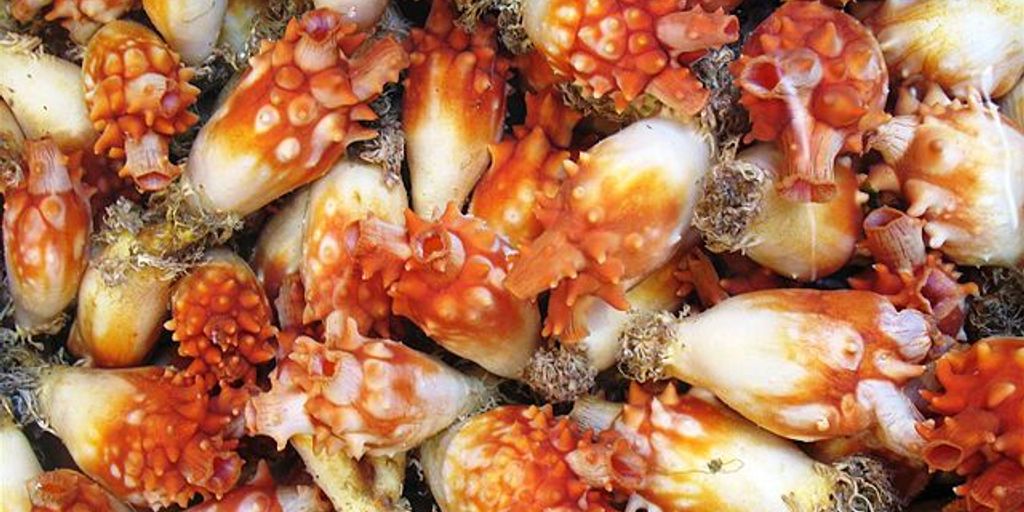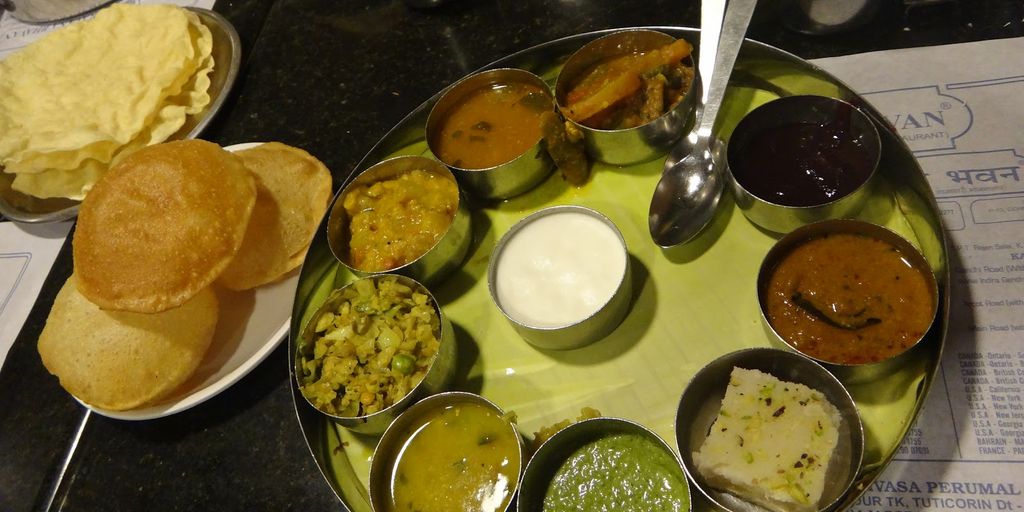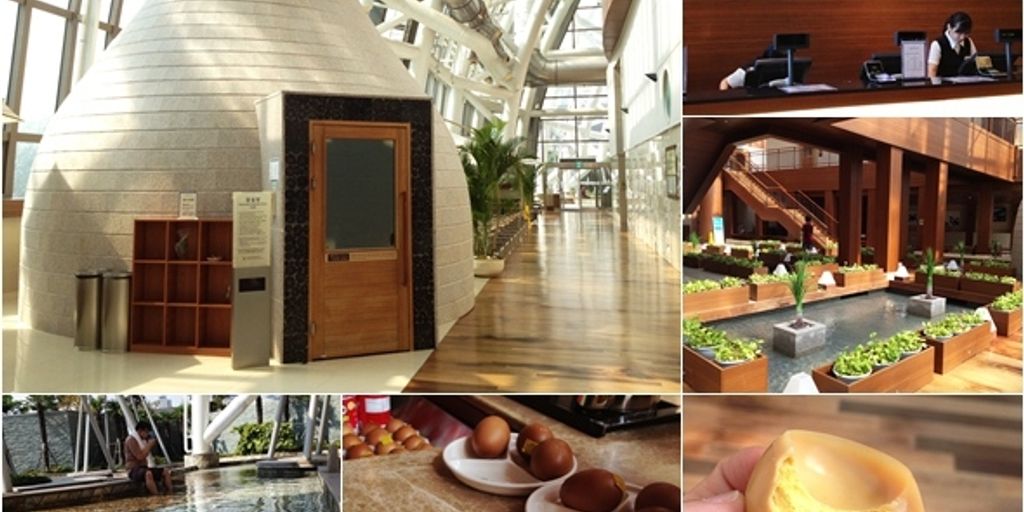Are you planning a trip to Korea? Learning essential Korean travel phrases can make your journey smoother and more enjoyable. While English is widely spoken in major cities, knowing some basic Korean will help you navigate through various situations and show respect to the locals. This guide covers key phrases and tips for different aspects of traveling in Korea, from greetings to emergency situations.
Key Takeaways
- Learning basic Korean greetings can help you make a positive first impression.
- Understanding transportation-related phrases will make navigating public transit and taxis easier.
- Knowing how to order food and drinks in Korean can enhance your dining experience.
- Familiarize yourself with shopping phrases to make transactions smoother.
- Emergency phrases are crucial for finding help and ensuring your safety.
Must-Know Korean Greetings
In this section, you’ll discover the essential and common greetings you’ll encounter and use while traveling or residing in Korea. These fundamental Korean phrases are a valuable addition to your Korean language repertoire. We’ve included the words and Korean phrases in Hangul to assist you in mastering the correct Korean pronunciation. When it comes to saying hello in Korean, "안녕하세요 (annyeonghaseyo)" is the go-to phrase. It’s versatile and widely used in all situations, making it the perfect first Korean phrase to learn for visitors or residents in Korea. Embracing this greeting will not only help you blend in but also convey a friendly and polite demeanor to Koreans.
Navigating Transportation in Korea
Getting around South Korea is both cheap and easy. The country boasts a renowned public transportation system that is clean, efficient, and affordable. You can use apps on your phone for accurate bus times and maps, making it simple to travel from one end of the country to the other.
Using Public Transit
South Korea has a convenient transportation system that makes it easy to travel from city to city. Here are the main forms of transportation:
- 지하철 — subway
- 버스 — bus
- 기차 — train
- KTX — high-speed train
- 택시 — taxi
These phrases will help you get around:
- 버스 정류장이 어디에 있나요? — Where is the bus station?
- 기차역이 어디에 있나요? — Where is the train station?
- 지하철역이 어디에 있나요? — Where is the subway station?
Taxis and Rideshares
Taxis are plentiful and relatively inexpensive in South Korea. You can hail a taxi on the street or use a rideshare app. Make sure to have your destination written in Korean to show the driver, as not all drivers speak English.
Asking for Directions
When you need to ask for directions, use the term "어디에 있나요?" (Where is…?). This will help you find your way around easily. For example:
- 화장실이 어디에 있나요? — Where is the bathroom?
- 호텔이 어디에 있나요? — Where is the hotel?
Don’t worry if you get lost; locals are generally very helpful and will assist you in finding your way.
Charge up your T-Money card, and go for a ride!
Ordering Food and Drinks
Reading Menus
When you’re on your way to Korea, one of the first things you’ll need to do is get familiar with reading menus. Often, Korean restaurants won’t have the menu out on the tables. To get one, simply raise your hand and say 메뉴 주세요 (menu juseyo) which means "Menu, please." This will help you get started with your dining experience.
Ordering at Restaurants
Ordering food in a Korean restaurant can be simple and fun! To order your meal, just state what you want and add 주세요 (juseyo) at the end. For example, if you want a bottle of soju, you can say 소주 한병 주세요 (soju hanbyeong juseyo). If you’re ready to leave and need the bill, you can say 계산서 주세요 (gyesanseo juseyo), which means "Bill, please."
Dietary Restrictions
If you have dietary restrictions, it’s important to know how to communicate them. For example, if you’re a vegetarian, you can ask 채식주의자용 식사 있어요? (chaesikjuuijayong siksa isseoyo?), which means "Do you have vegetarian dishes?" This will help ensure you get a meal that fits your needs.
Remember, learning a few key phrases can make your dining experience in Korea much smoother and more enjoyable!
Shopping Essentials in Korean

Shopping in Korea can be a lot of fun, especially with so many unique items to buy. Here are some essential phrases to help you out.
Asking for Prices
When you find something you like, you’ll want to know the price. Just ask, "얼마예요?" which means "How much is it?". This is one of the most important phrases to remember.
Bargaining Tips
In some markets, you can try to get a better deal. Use the phrase "깎아 주세요" (kkakka juseyo) to ask for a discount. Remember to be polite and smile!
Understanding Labels
Reading labels can be tricky, but knowing a few key words can help. Look for "세일" (sale) for discounts and "무료" (muryo) for free items. This can make your shopping experience much easier.
Shopping in Korea is an adventure. With these phrases, you’ll be ready to find the best deals and have a great time!
Emergency Phrases You Should Know
Emergencies can happen anytime, even in a safe country like Korea. Knowing a few key phrases can make a big difference. Here are some essential Korean phrases to help you out in tough situations. You will thank yourself later!
Cultural Etiquette and Manners
In South Korea, courtesy is highly valued, making it essential to express gratitude and respect. Learning phrases like ‘감사합니다’ (Thank you) and ‘천만에요’ (You’re welcome) can leave a positive impression, especially as a foreigner. Korean table manners may differ from what you’re accustomed to; for instance, saying ‘잘 먹었습니다!’ (jal meogeotseumnida) after a meal is a way to thank in Korean. Appreciating food and expressing gratitude before and after meals is significant in Korean culture. It’s crucial to acknowledge the role of food in Korean traditions and show appreciation to those who provide it.
Making Friends with Locals
When you’re in Korea, starting a conversation with locals can be a fun way to learn about the culture. A simple "안녕하세요" (Annyeonghaseyo) or "Hello" can go a long way. If you want to make a good impression, try saying something about how friendly Koreans are. For example, you could say, "드라마를 보면 한국 사람들은 친절한것 같아" which means, "Based on Korean drama, I think that Koreans are friendly." This can be a great icebreaker!
Once you’ve started a conversation, talking about hobbies is a great way to find common ground. You can ask, "취미가 뭐예요?" (Chwimiga mwoyeyo?) which means, "What are your hobbies?" Sharing your own hobbies can also help. Whether it’s sports, music, or even cooking, finding a shared interest can make the conversation more engaging.
If you hit it off with someone, you might want to keep in touch. You can say, "친구가 되고 싶어요. 페이스북/인스타그램 있어요?" (Chinguga doego sipeoyo. Peiseubuk/Inseutageuraem isseoyo?) which means, "I want to be your friend. Do you have a Facebook/Instagram?" This is a great way to stay connected and maybe even meet up again during your trip.
Making friends while traveling can make your trip more memorable. Don’t be shy to start a conversation and see where it leads!
Conclusion
Traveling to South Korea can be an unforgettable experience, and knowing some basic Korean phrases can make it even better. Not only will it help you navigate through the country more smoothly, but it will also show the locals that you respect and appreciate their culture. So, whether you’re asking for directions, ordering food, or just trying to make a new friend, a little effort in learning Korean can go a long way. Safe travels and have fun exploring Korea!
Frequently Asked Questions
Is it necessary to learn Korean before traveling to Korea?
While English is widely spoken in bigger cities, learning basic Korean travel phrases can make your trip more enjoyable and help you connect with locals.
What are some essential Korean greetings I should know?
Some essential greetings include ‘Annyeonghaseyo’ (Hello), ‘Annyeong’ (Hi/Bye), and ‘Gamsahamnida’ (Thank you).
How can I navigate public transportation in Korea?
Public transportation in Korea is efficient and well-connected. Knowing phrases like ‘Eodi-yeo ga-yo?’ (Where are you going?) can be helpful.
Are there any special dietary phrases I should know when ordering food?
Yes, phrases like ‘Gogi an meogeoyo’ (I don’t eat meat) or ‘Jeoneun chaesikjuuija imnida’ (I am a vegetarian) can be useful.
What should I do in case of a medical emergency in Korea?
In case of a medical emergency, you can say ‘Eung-geup sanghwang-ieyo’ (It’s an emergency) and ‘Byeong-won-e ga-ju-se-yo’ (Take me to the hospital).
How can I make friends with locals in Korea?
Starting conversations with simple questions like ‘Ireumi mwoyeyo?’ (What’s your name?) and showing interest in local culture can help you make friends.


